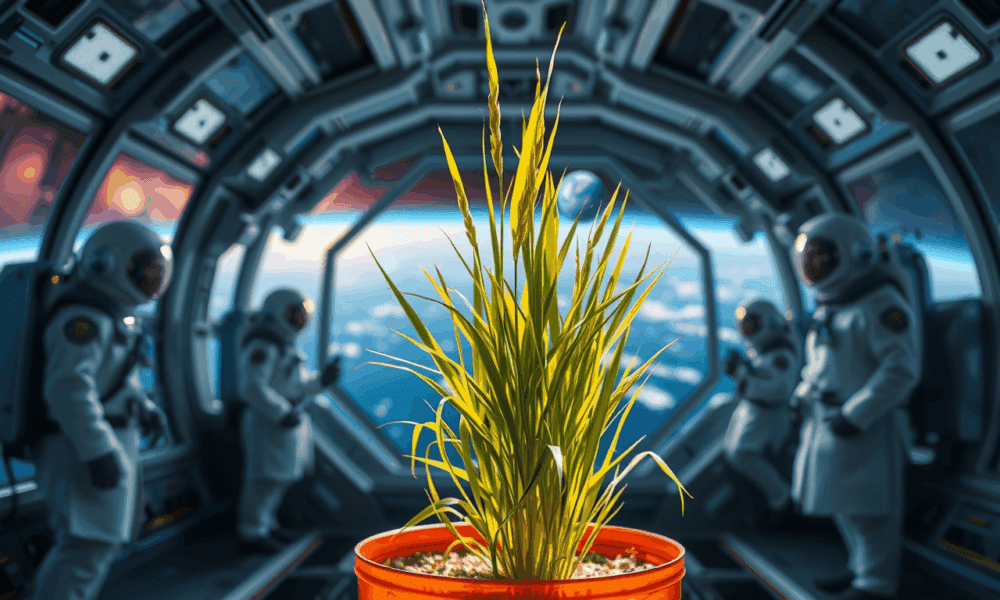
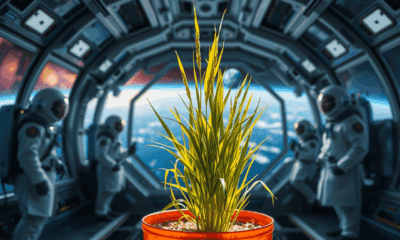

In a bold step toward sustainable space travel, scientists are engineering a radically small, protein-rich rice that can grow in space. The Moon-Rice project, led by...
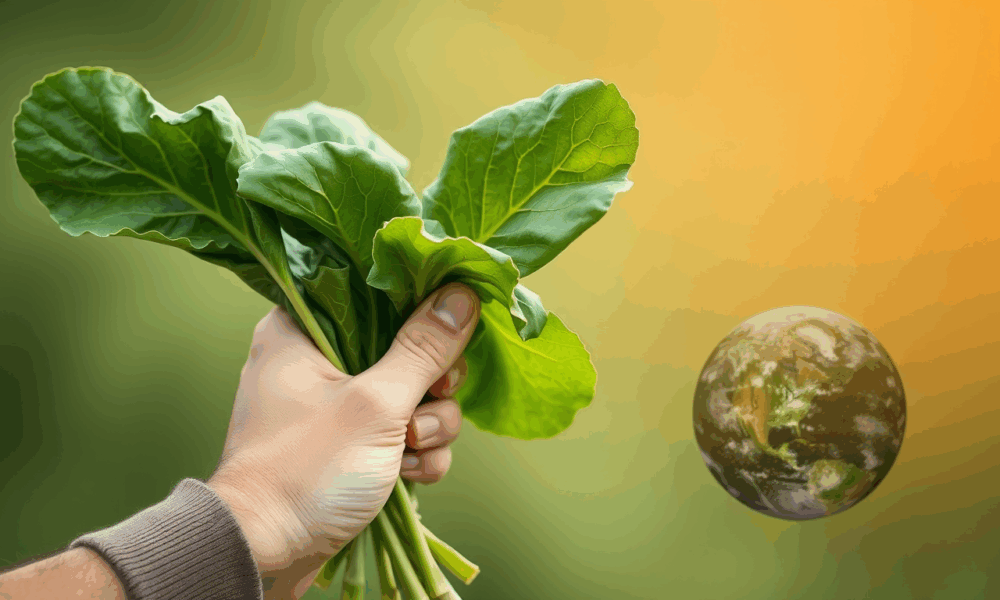
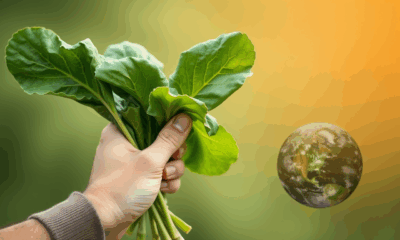

Climate change is silently sapping the nutrients from our food. A pioneering study finds that rising CO2 and higher temperatures are not only reshaping how crops...
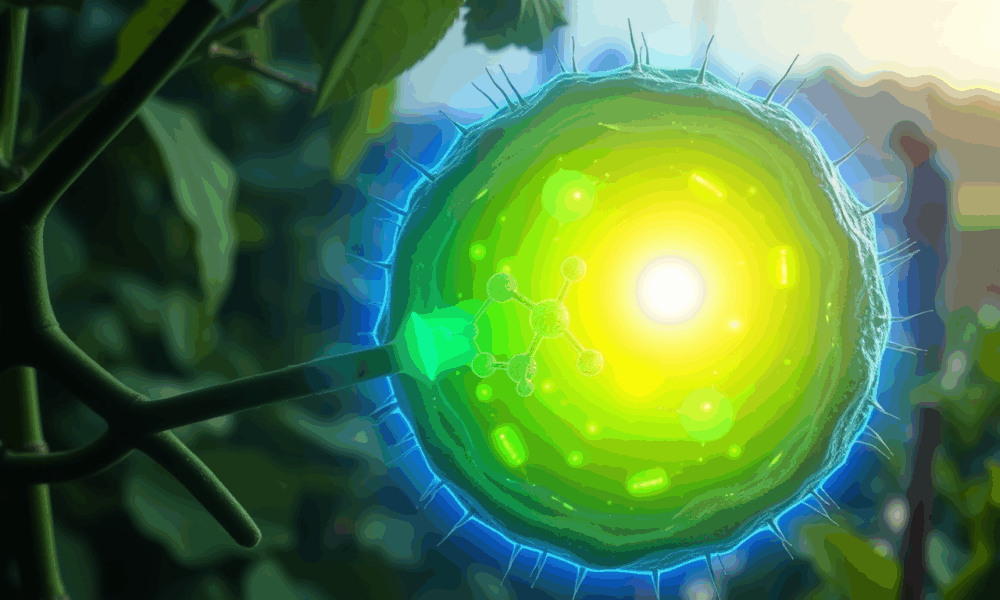
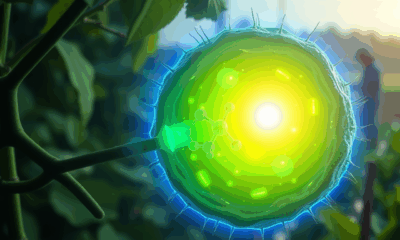

Scientists at MIT have turbocharged one of nature’s most sluggish but essential enzymes—rubisco—by applying a cutting-edge evolution technique in living cells. Normally prone to wasteful reactions...



Two Ice Age wolf pups once thought to be early dogs have been identified as wild wolves, thanks to detailed DNA and chemical analysis. Surprisingly, their...



New research has found that those who consume a diverse range of foods rich in flavonoids, such as tea, berries, dark chocolate, and apples, could lower...
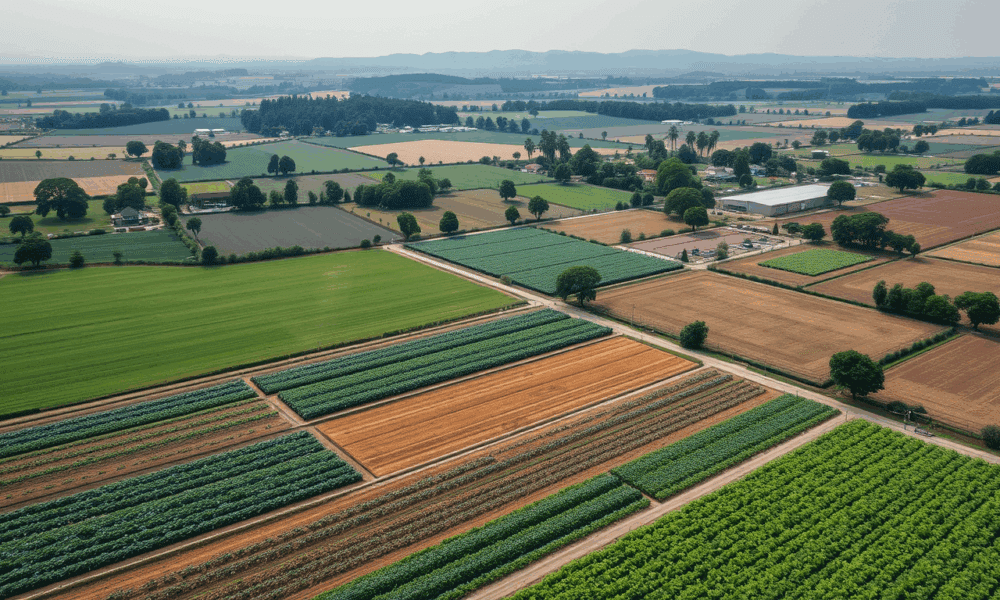
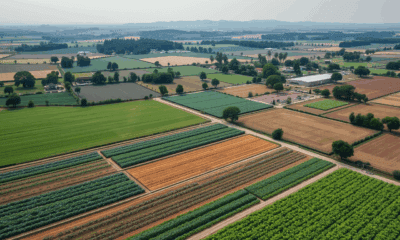

To achieve the European Green Deal's goal of 25% organic agriculture by 2030, researchers argue that new genomic techniques (NGTs) should be allowed without pre-market authorization...



In a comparative pilot study, the Mediterranean diet and the low FODMAP diet both provided relief for patients with IBS.
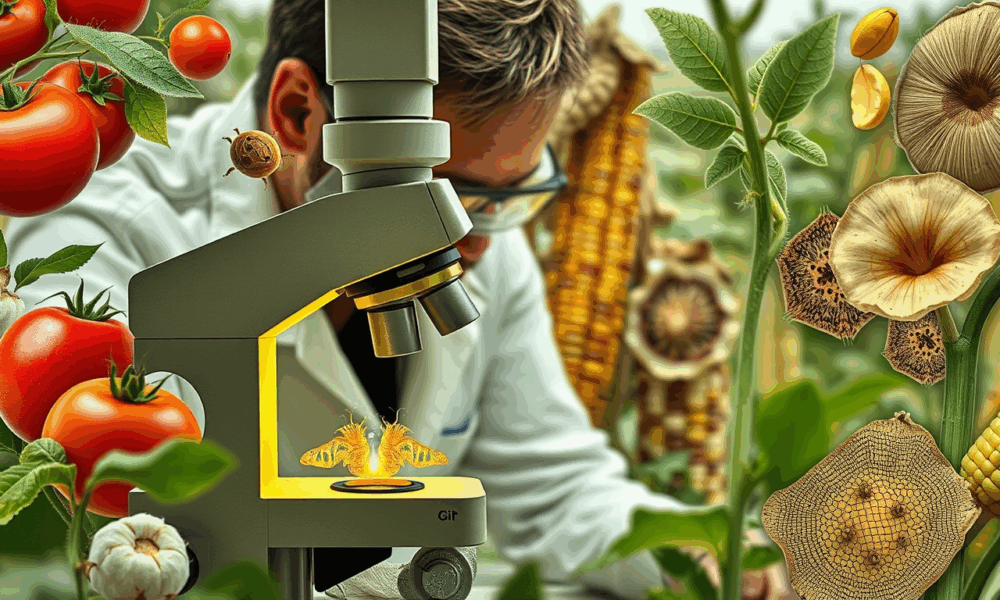
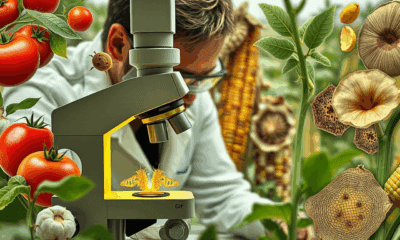

Alterations to the diet of pests could impact how quickly they can adapt to biopesticides.
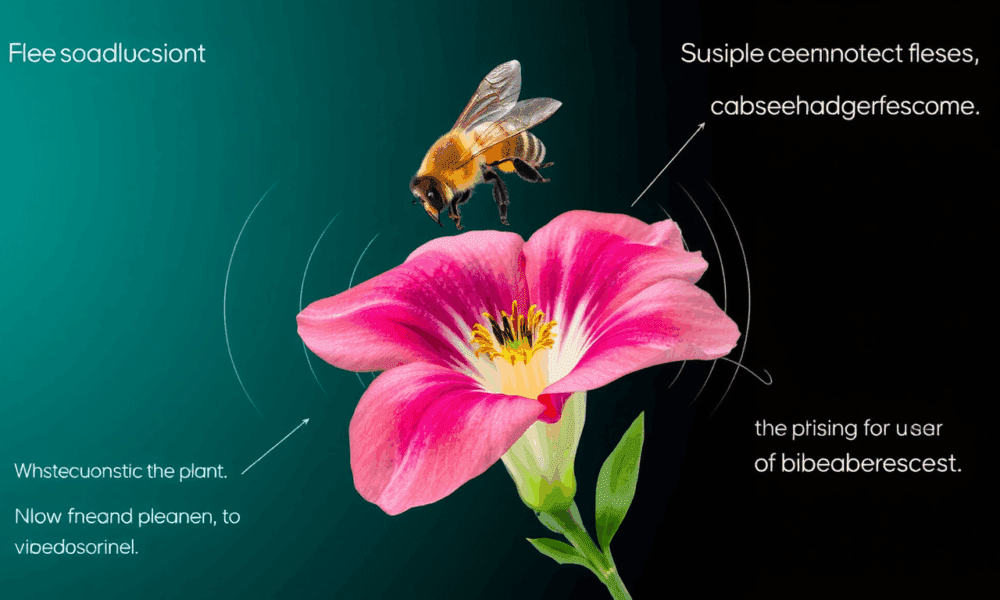
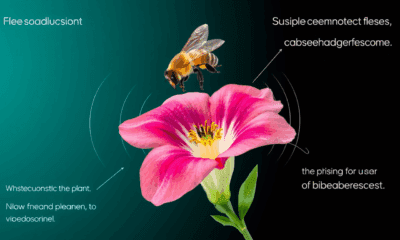

When pollinators visit flowers, they produce various sounds, from wing flapping during hovering, to landing and takeoff. Scientists studied these vibroacoustic signals to develop noninvasive and...
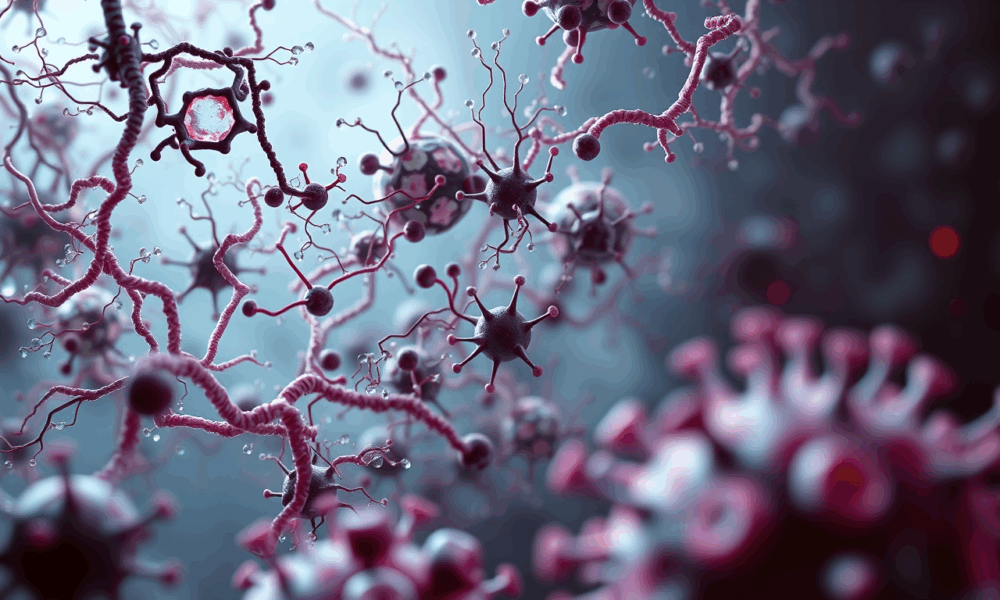
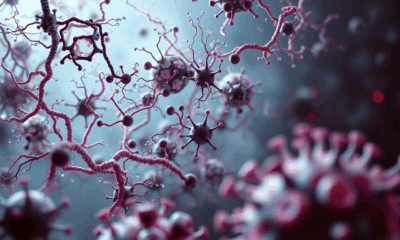

A study has uncovered a surprising link between diet, intestinal microbes and the efficacy of cancer therapy.